Forty-five minutes ago, I was drumming my fingers on the steering wheel of my petrol Volkswagen Golf while stuck in a queue at my local filling station.
Now here I am at one of the UK’s busiest public electric vehicle charge points, and it’s deserted. Forty minutes later, it’s still deserted.
So much for my plan to record a day in the life of a charge point. I swear Chargemaster, the UK’s biggest charge point network that was recently bought by BP, told me this Polar-branded location was one of its busiest. Its actual busiest, believe it or not, is Harvester Flamstead, just off junction nine of the M1. Makes sense, I suppose: busy execs catch a coffee while their Nissan Leaf gets a shot of juice. Twenty-five minutes later, emails answered and calls made, they’re on their way.

I should be there, but Harvester doesn’t want a reporter and his photographer bothering customers. That rules out Chargemaster’s second-busiest location: Harvester Warwick. Which leaves its third: The Runnymede on Thames Hotel and Spa in Egham, just off junction 13 of the M25. The hotel has no issues with our presence, so here I am with photographer Luc, and only a charging point, two empty bays and the drone of the M25 for company.
Then, at precisely 9.10am, a Nissan Leaf slips silently into one of the bays. Its driver, Peter Trapmore, tells me he lives 60 miles away on Hayling Island. He makes the journey to Heathrow airport once a month and is flying to the US today.
“I always top up the Leaf here so that when I fly back into Heathrow, I can go back home without delay,” he tells me.
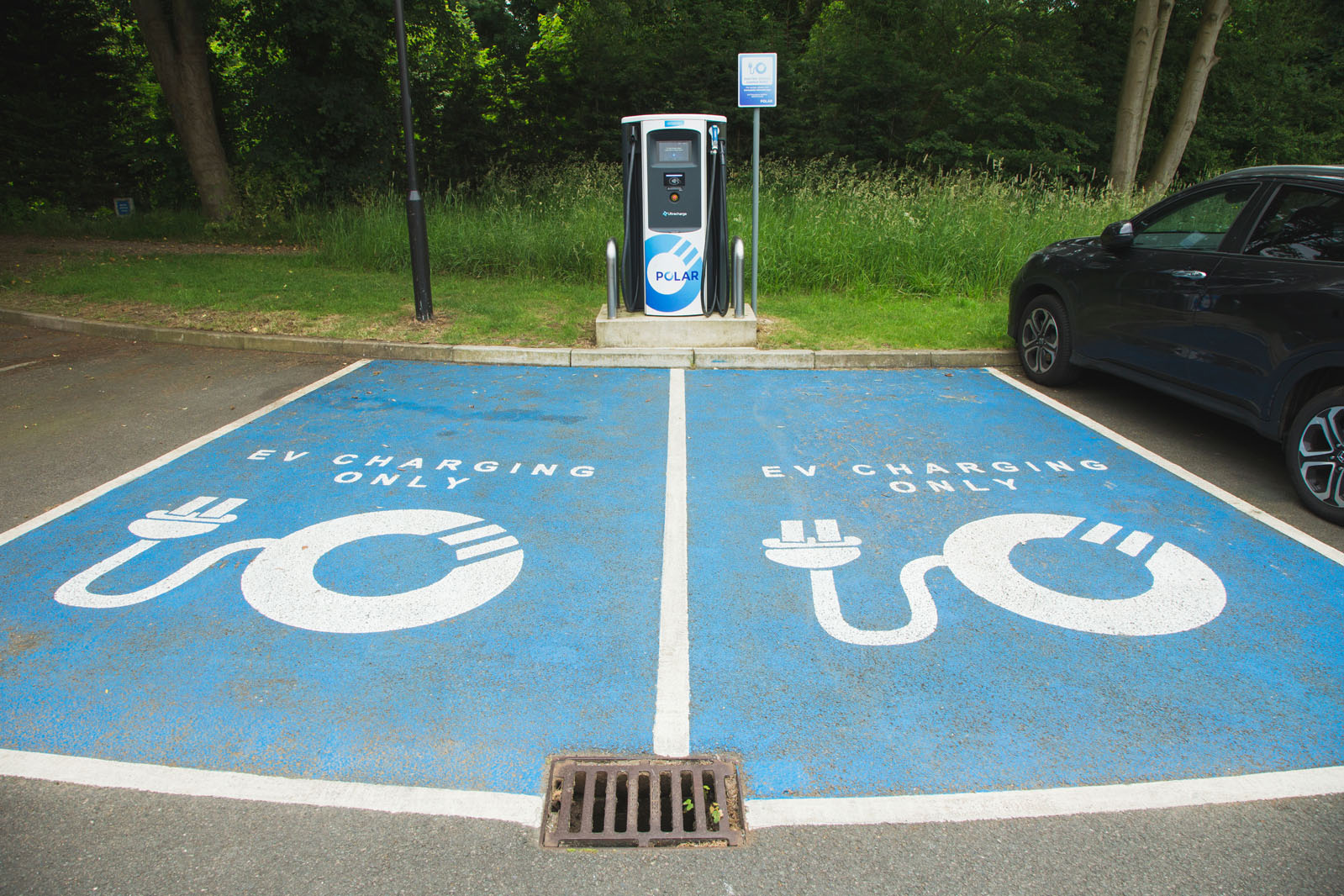
He’s only ever had to wait once for a charge. “Two EVs charging at the same time?” I say, incredulously.
Peter corrects me: “No – only one. There are two bays and two sets of charging cables, but only one car can be charged at a time.”
Not that he’s complaining, especially since the power is free, at least for the moment...
“I pay Chargemaster a standing charge of £7.85 a month for access to its chargers,” says Peter. “It’s up to the site owner whether they charge for the power itself and more of them are beginning to do so. Here at Runnymede the power is still free, but the hotel plans to start charging soon at a rate of 10.8p per kWh.”

Will that mean the end of his Runnymede run? “Definitely not,” he replies. “It’ll still be cheap power. Shell has just opened a charge point nearby charging 49p per kWh. On that basis, the power I’ve just taken – sufficient for 80 miles – would cost me £9!”
With his car’s battery now reading 85% charged, up from 25% when he arrived 25 minutes ago, Peter judges the Leaf good to go and, with a wave, drives away.
No one is waiting to take his place. Forty-five minutes later, they still aren’t. I consult Zap Map, a website that shows the location of charging points, for the location of others in the area. It shows Costco Sunbury has 16, two of them currently in use. Luc and I shoot over but, when we arrive, there’s just a Leaf in residence, its owner nowhere to be seen. We nip back to Runnymede to find a Mitsubishi Outlander PHEV plugged in but deserted. I suspect that from the blanket on the back seat, the owner is walking his dog. Sure enough, he soon returns, mutt in tow.
“I use this charge point every few days,” says Kim Tuffin. “In the time it takes me to walk the dog, the battery gets to 80% full. I know the Outlander PHEV is a hybrid, but the 30 miles of free electric running it gives me are all I need.”

Charged up, he drives off, leaving us to our lonely vigil. At 1.45pm, a Kia Soul EV slips into one of the charge bays. Turns out its driver, Sean Walters, a retired airline pilot, is an EV evangelist. He also has a Mitsubishi i-Miev and a Peugeot iOn.
“Me and others campaigned for a charger here for four years,” he tells me. “Right next to the M25 it’s perfect, although a power outage in the hotel meant it was down for a few hours recently. If I find a broken charger, I get on to the site operator.
“And another thing: bay markings need to be standardised. There are blue ones, green ones (I like the green ones), but those with plug symbols can be confused with disabled bays. A disabled driver once accused me of parking in what he thought was a disabled bay until I pointed out his error. By the end of our conversation, I’d persuaded him to buy an EV!”

Sean is followed at 2.30pm by Ian Bryant at the wheel of a new Leaf. “I won it in a competition,” he declares, proudly. “So far, my 1000 miles have cost me just 35p in electricity.”
He’s here to give his car’s battery what he calls a “precautionary top- up”. It’s got 40% left, enough for around 70 miles, and a 15-minute recharge will take it to 70%.
“I like to get in early,” says Ian. “This charge point can get busy with commuters from around mid- afternoon, although if they’ve got a decent charge, most people will unplug to save people queuing.”
I check my watch. We’ve been here for more than six hours. It hasn’t been a full day, admittedly, but I’m ready to drop. A day in the life of a petrol pump, anyone?

The EV-angelists:
My day at Chargemaster’s Runnymede on Thames Hotel charger began at 8.30am and ended at 3pm, broken by a fruitless trip to Sunbury Costco. The company confirmed that seven cars visited the charge point during the day: four while I was there, one when I was at Costco (naturally) and two others after I left. This compares with Harvester Flamstead, Chargemaster’s busiest location, which, since the start of 2018, has been used an average of six times, but often more than 10 times, per day.
9.10am Peter Trapmore, Nissan Leaf: “While the battery is charging, I work in the car or walk down to the river.”
12.00pm Kim Tuffin, Mitsubishi Outlander PHEV: “This point is local to me, so while the car is charging I take the dog for a walk.”
1.45pm Sean Walters, Kia Soul EV: “I don’t suffer charge anxiety. I’m a former pilot – I could never afford to suffer fuel anxiety.”
2.30pm Ian Bryant, Nissan Leaf: “The afternoons can get busy here but EV users are a polite bunch and there’s never any trouble.”
John Evans
Read more
Volkswagen e-Golf review

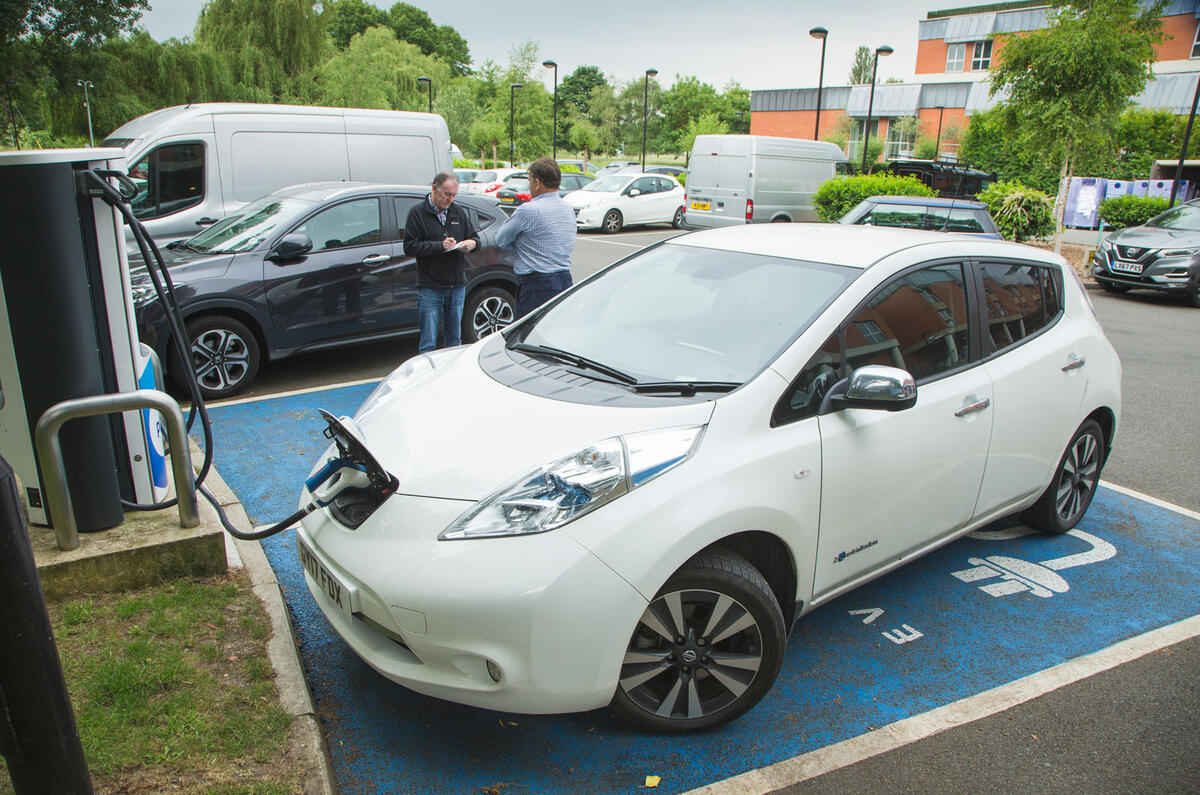
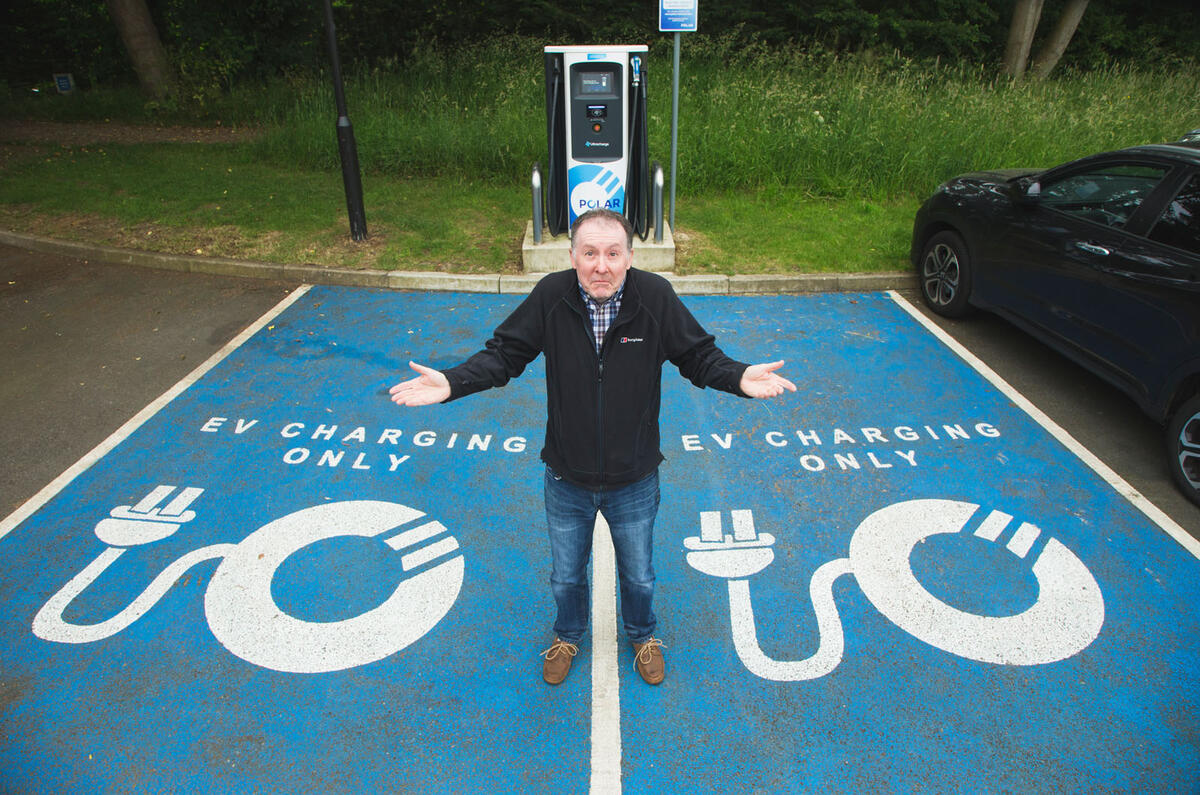
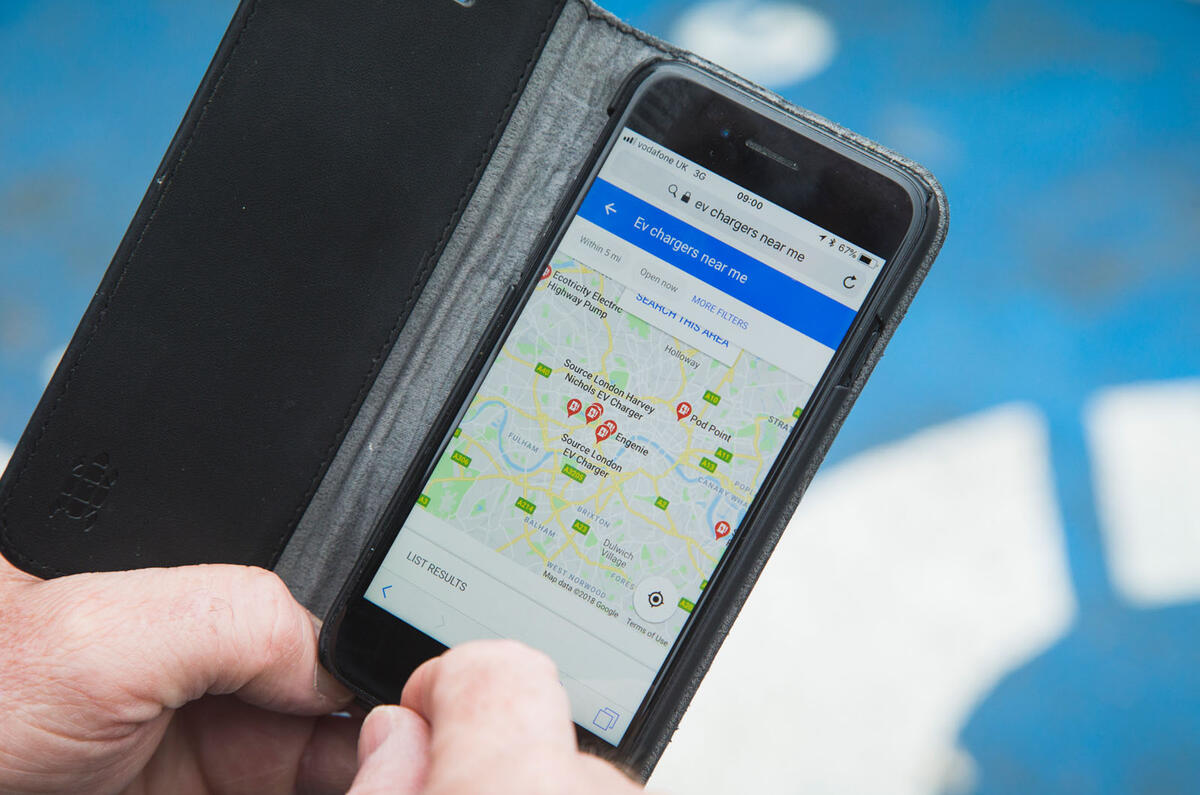
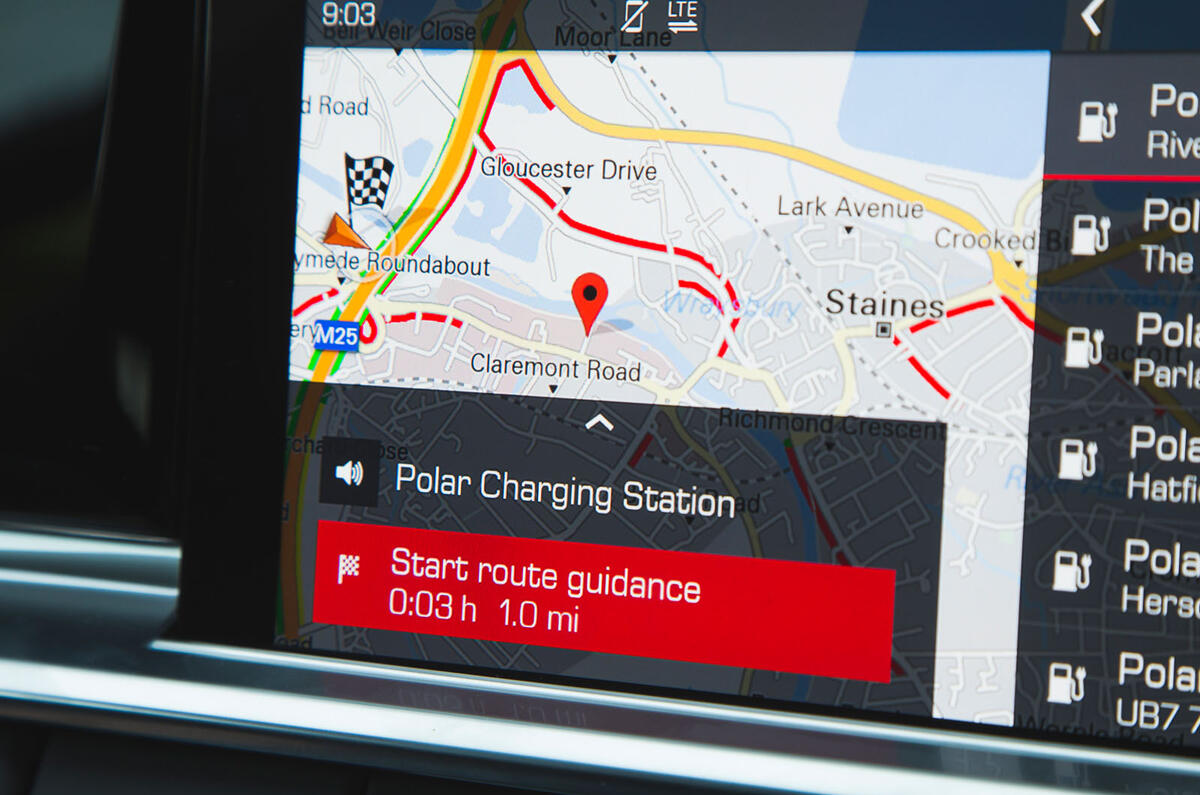
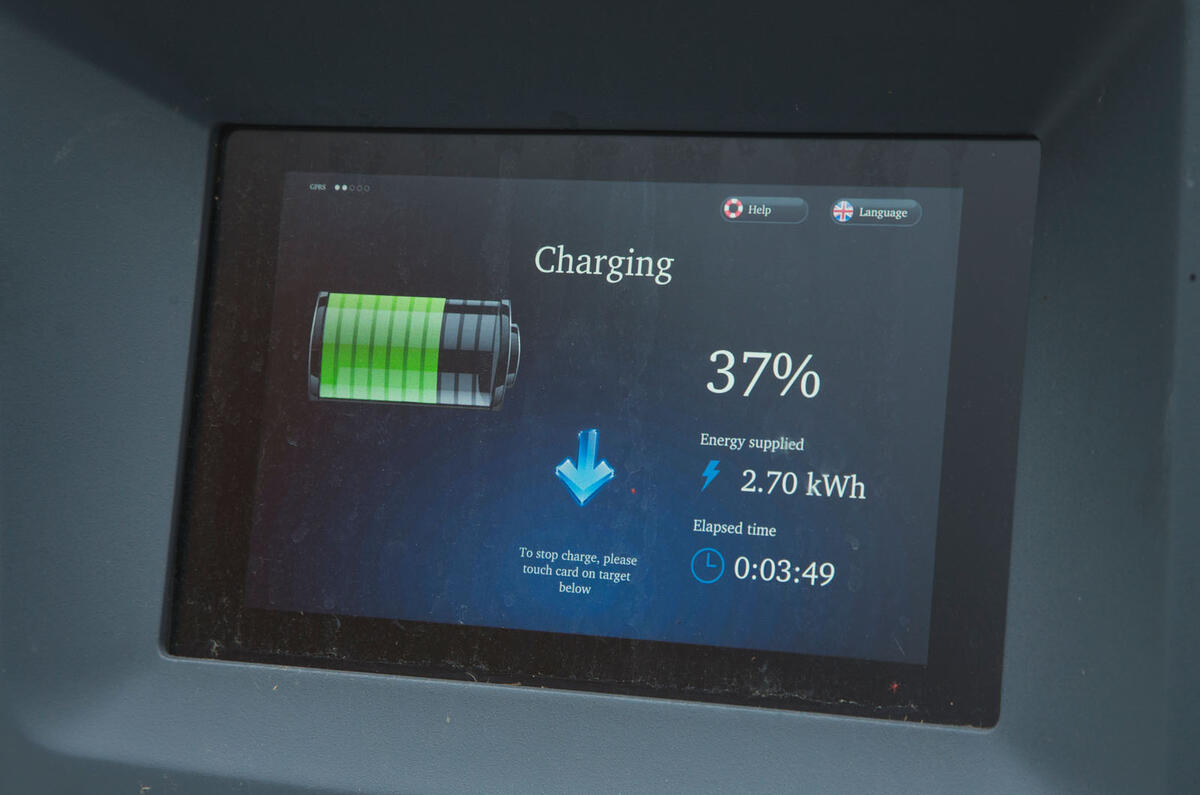
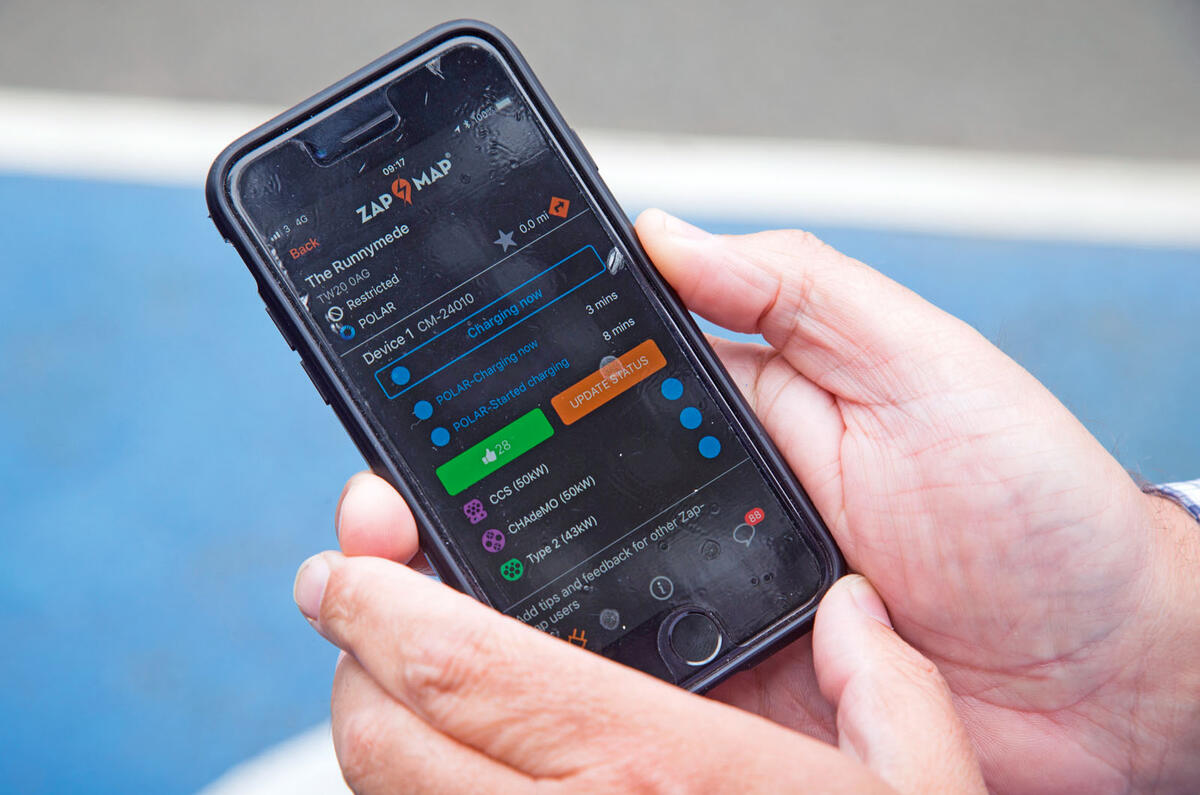
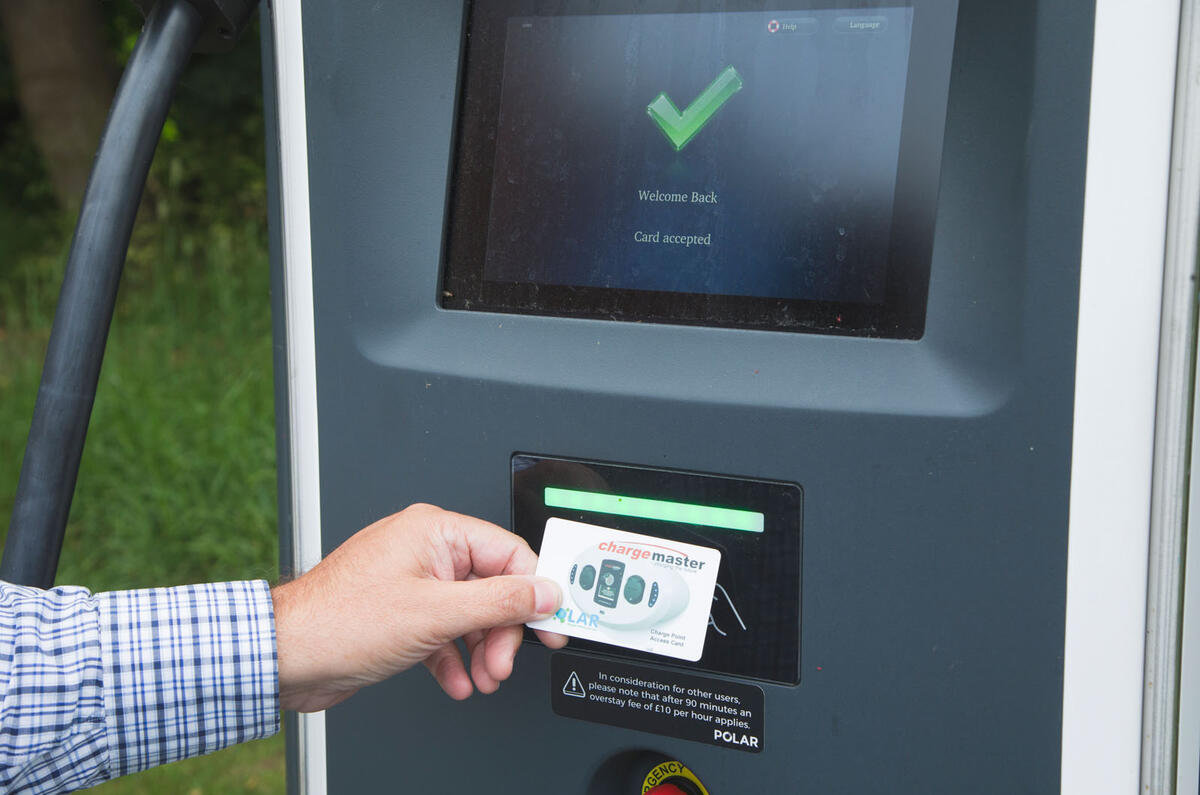
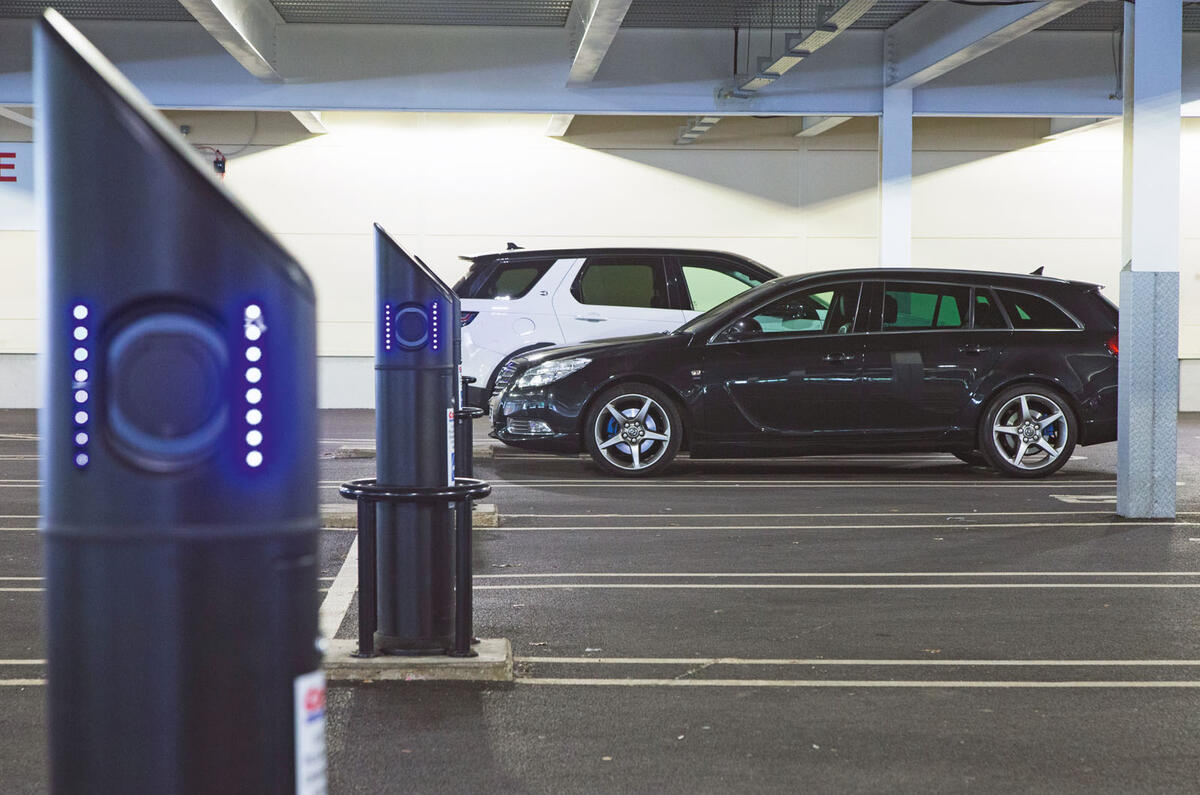
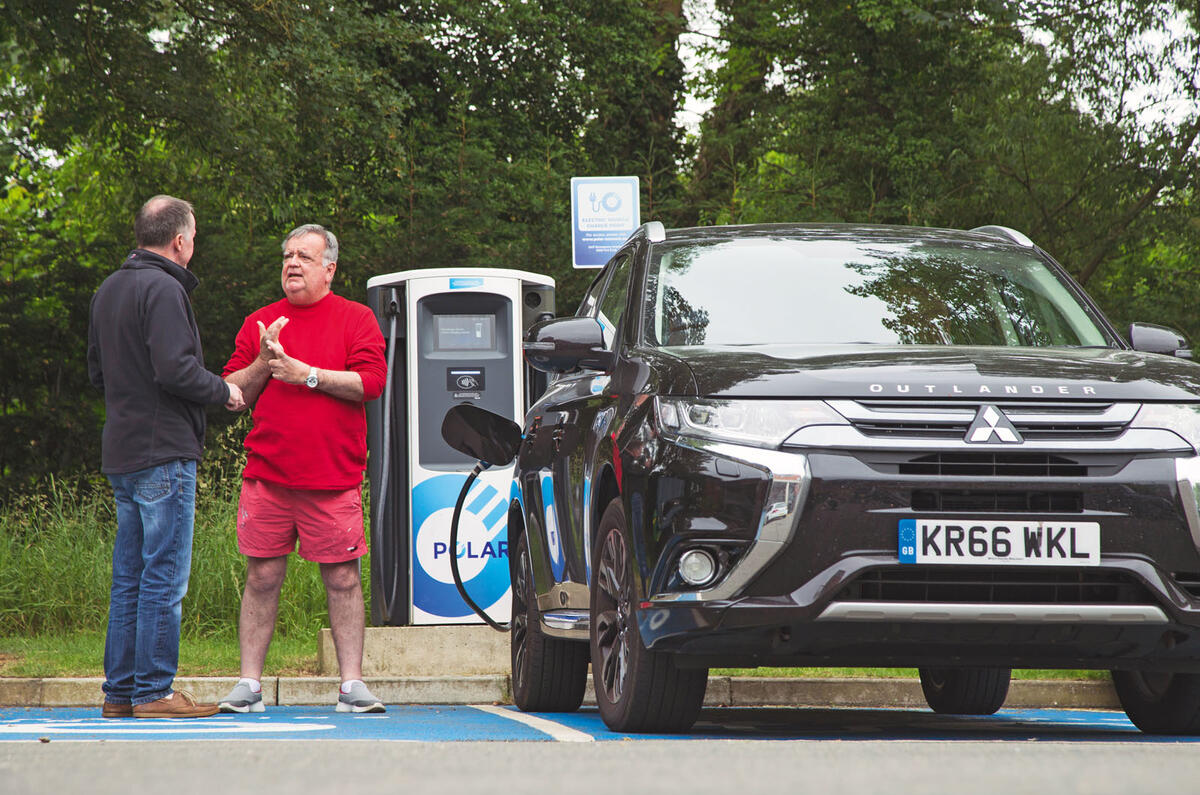
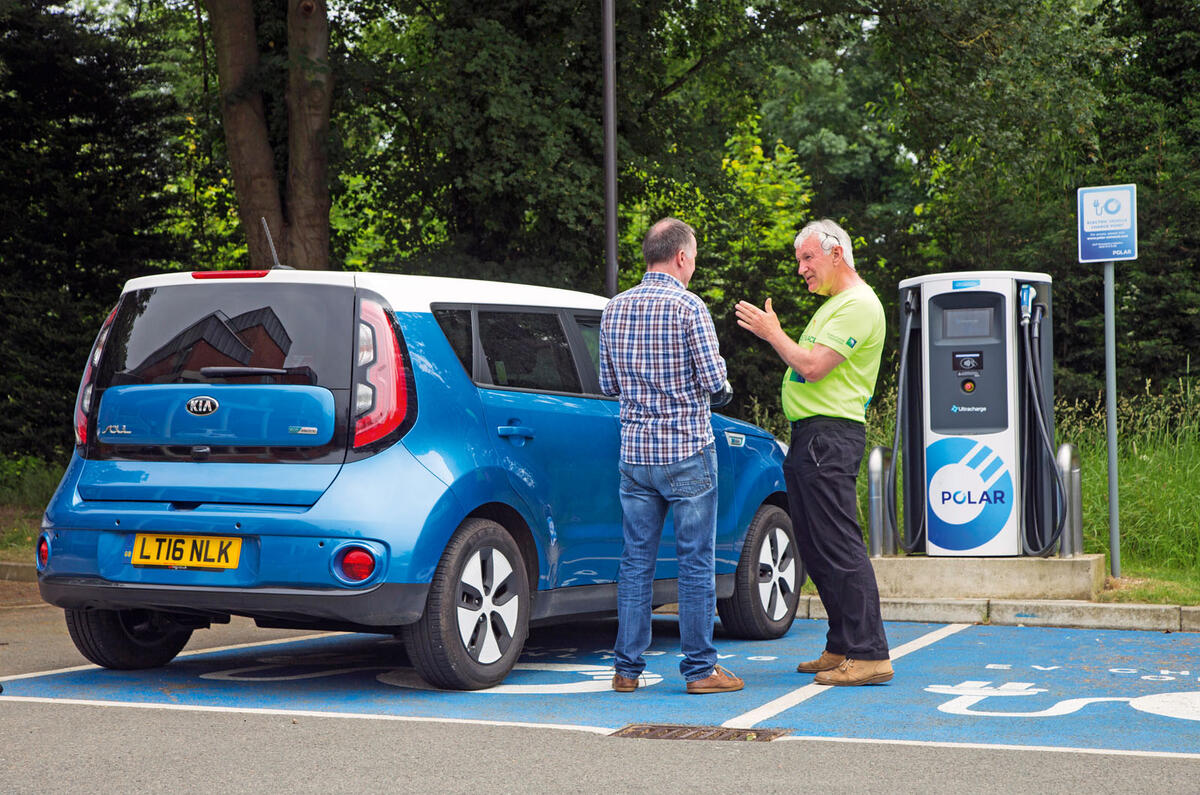
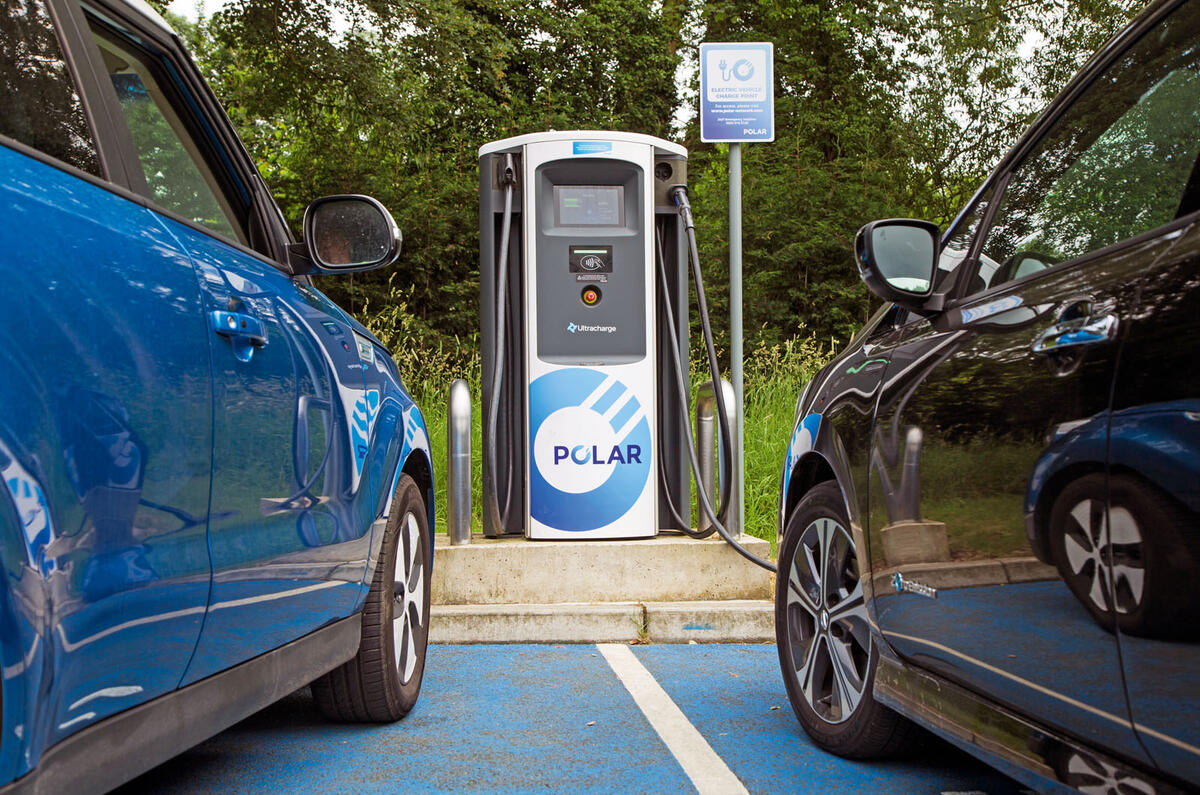
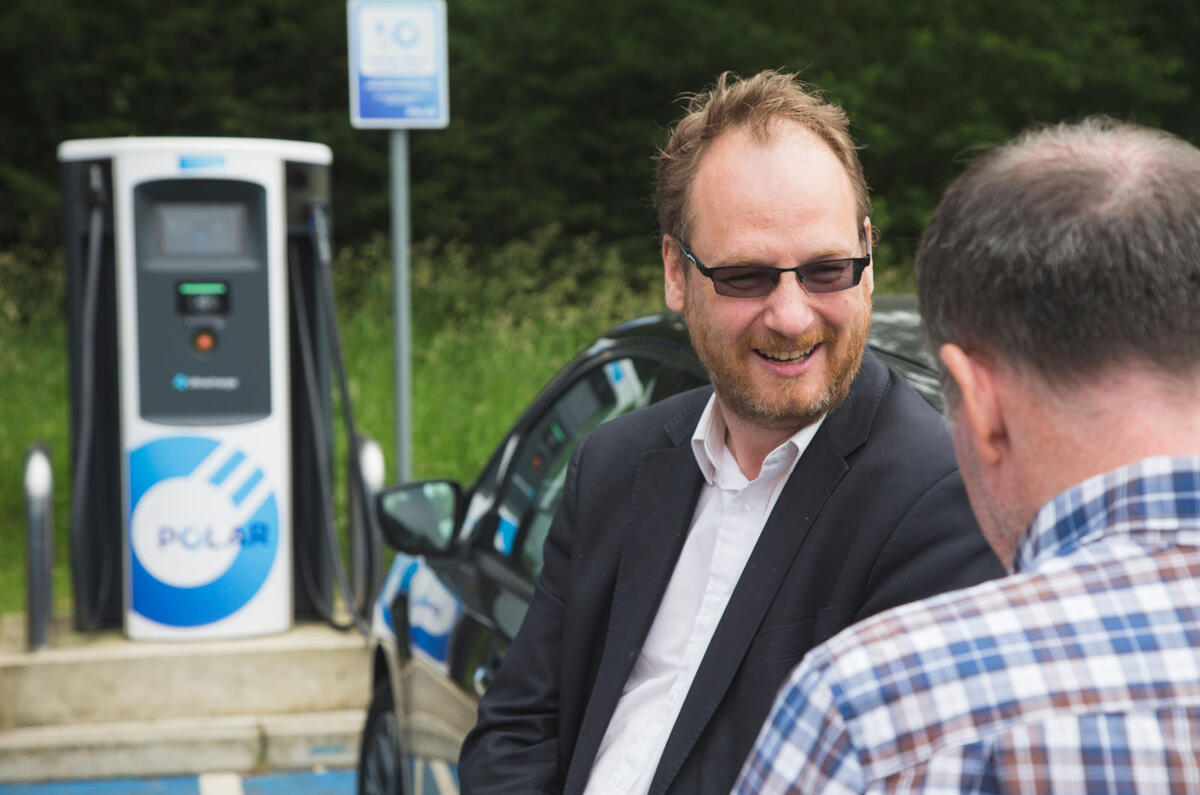
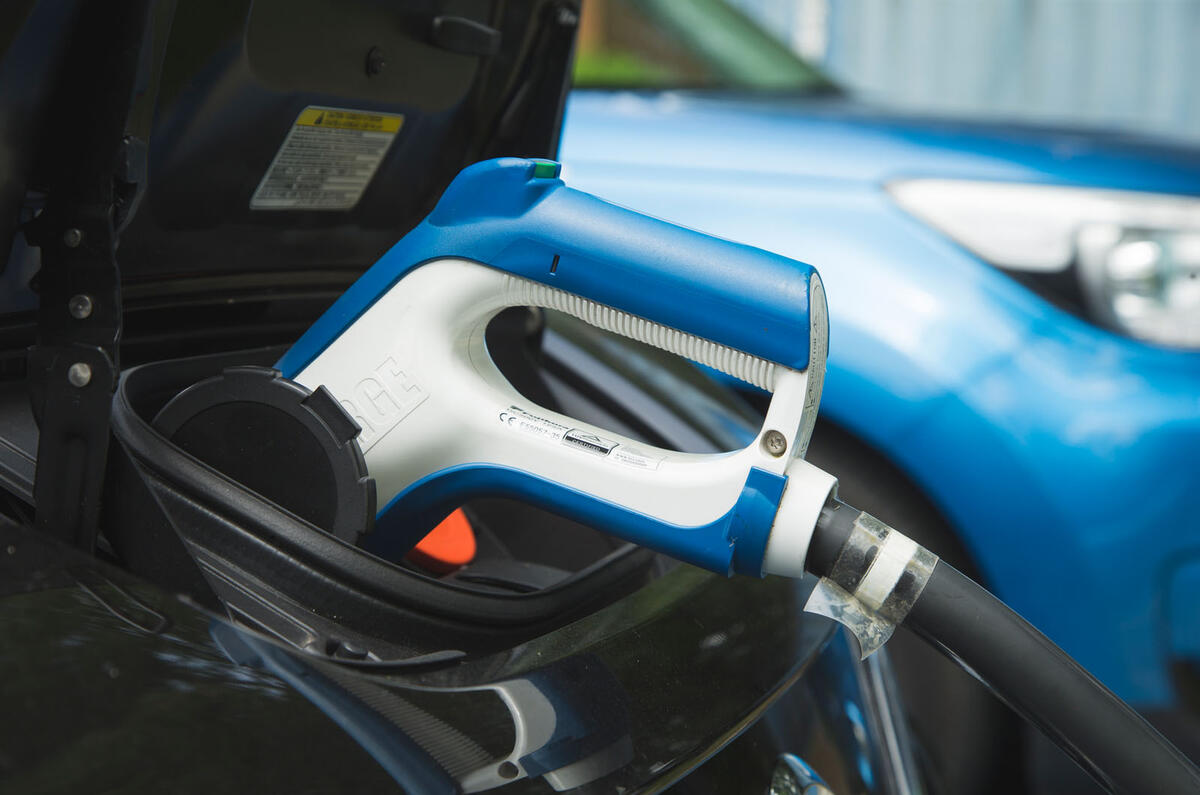
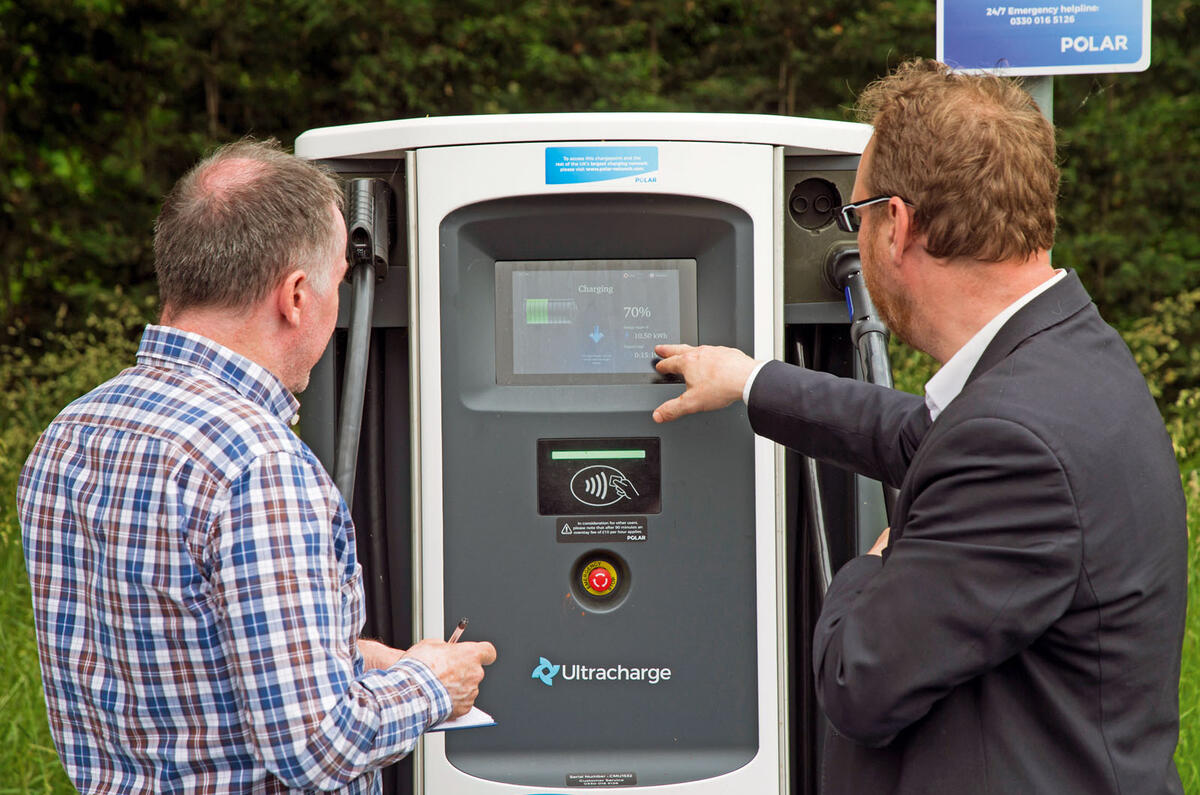
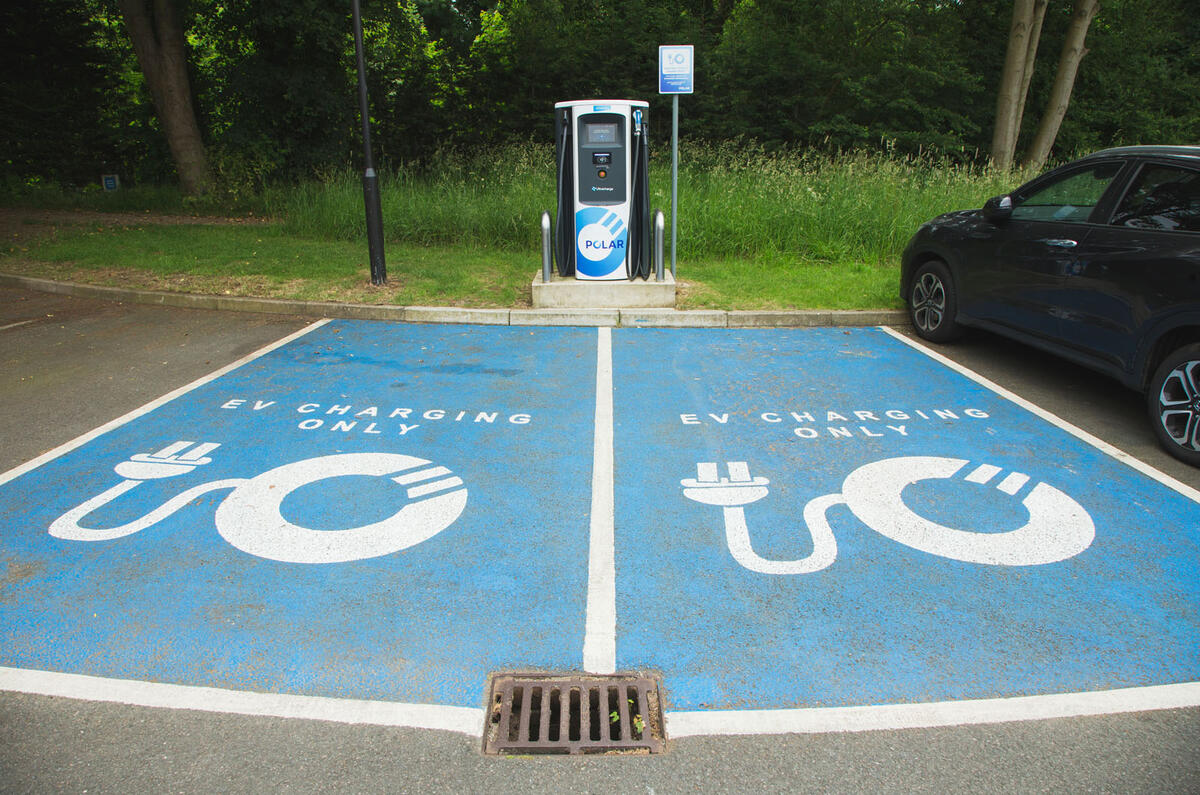
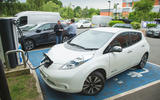
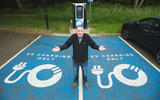
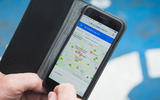
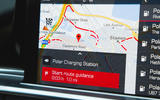
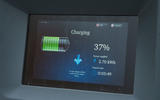

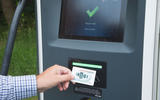
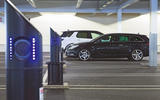
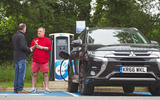
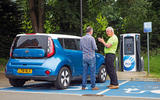
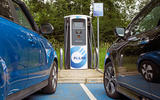

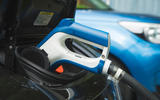
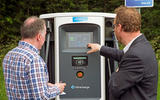
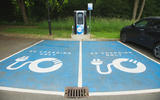


Join the debate
Add your comment
Another myth dispelled
People have been saying BEVs will never get a significant % because of the charging infracstruture, well no queues here and what EVs there were in this article were MK1(?) LEAF's, SOUL etc, with some of the lowest rangem, new cars will improve on this.
Why, well at nearly £7.45 a month membership alone (you could fill it up twice for that) then any charge onto of that potentially. Then there's the price per Kwh which can be at least 40p which is 5 times what you could get it at home. Afterall would you pay £24 a gallon?
As I've said for the most part they'll be used as top up and emergency.
Over time, by means of market
Over time, by means of market forces or taxation, the cost of energy tends to equalize. Any cost advantage energy for electric cars currently enjoys will be eroded. They will find a way that doesn't kill pensioners.
I do wonder how they could
I do wonder how they could make up the tax loss. Very hard to control domestic use and you can't ramp up domestic energy cost any more without masses of people actually dying!
I can envisage a law enforced use of government monitored 'smart meter chargers' at home, there are already plenty out there that are mobile network enabled and report usage back to the companies office.
Of course this will lead to a Black market of non connected chargers.
The government will retaliate forcing car manufacturers to fit charge ports with encrypted handshake to try and block illegal charger use.
This will lead to a new market of 'vehicle hackers' probably an extra service adopted by the engine remappers out there, their industry is pretty ingenious at that sort of thing, hacking car ECU's to enable charge from any source.
Then what about people charging from their own sources? generators or solar panels, how do you tax that?It will lead to a new army of government busybodies like the TV licence bunch. Turning up at homes who are not on file as paying the levvies and looking for evidence of unregistered charging...Of course if I had my way we would have built a huge nuclear powered energy system giving our businesses a great international competitive edge and our population better living standards. It would also have enabled an era of EV travel to have taken off by now. 2p/kwh everywhere.
I do wonder how they could
I do wonder how they could make up the tax loss. Very hard to control domestic use and you can't ramp up domestic energy cost any more without masses of people actually dying!
I can envisage a law enforced use of government monitored 'smart meter chargers' at home, there are already plenty out there that are mobile network enabled and report usage back to the companies office.
Of course this will lead to a Black market of non connected chargers.
The government will retaliate forcing car manufacturers to fit charge ports with encrypted handshake to try and block illegal charger use.
This will lead to a new market of 'vehicle hackers' probably an extra service adopted by the engine remappers out there, their industry is pretty ingenious at that sort of thing, hacking car ECU's to enable charge from any source.
Then what about people charging from their own sources? generators or solar panels, how do you tax that?It will lead to a new army of government busybodies like the TV licence bunch. Turning up at homes who are not on file as paying the levvies and looking for evidence of unregistered charging...Of course if I had my way we would have built a huge nuclear powered energy system giving our businesses a great international competitive edge and our population better living standards. It would also have enabled an era of EV travel to have taken off by now. 2p/kwh everywhere.